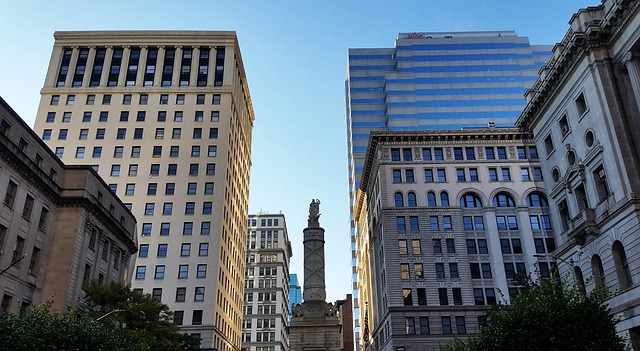Clergy abuse in Baltimore, MD, demands specialized legal support. Skilled clergy abuse lawyers guide victims through complex legal systems while offering emotional compassion. These professionals help survivors hold accountable those who caused harm and seek compensation for their suffering. Through knowledge of state laws and compassionate guidance, these lawyers ensure justice is served while preserving the sanctity of victims' experiences, empowering them to heal and reclaim their lives.
In Baltimore, Maryland, where faith communities thrive, it’s essential to recognize and address the pervasive issue of clergy abuse. This sensitive topic demands specialized legal expertise to support survivors seeking justice and healing. Understanding clergy abuse and its profound impact is crucial. A dedicated Baltimore clergy abuse lawyer plays a vital role in navigating complex legal systems, ensuring survivors’ rights are protected. Through this article, we explore the significance of such legal representation and guide survivors towards finding solace and closure.
Understanding Clergy Abuse and Its Impact

Clergy abuse is a sensitive and complex issue that often leaves survivors with profound emotional scars. It refers to any form of inappropriate or harmful behavior by members of the clergy, including sexual abuse, emotional manipulation, and psychological harm. In Baltimore, MD, where a significant number of religious institutions are located, survivors of such abuse require specialized support and legal representation. A skilled clergy abuse lawyer in Baltimore can help victims navigate the legal system while providing them with the compassion and understanding they deserve.
The impact of clergy abuse is far-reaching and can affect individuals’ mental health, relationships, and overall well-being. Many survivors struggle with trust issues, anxiety, depression, and post-traumatic stress disorder (PTSD). By seeking legal counsel from a knowledgeable clergy abuse lawyer in Baltimore MD, survivors can take the first step towards healing and justice. They can hold accountable those who have caused them harm and seek compensation for their suffering.
The Role of a Specialized Attorney in Maryland

In the complex landscape of legal representation, a specialized attorney for clergy abuse survivors in Baltimore, MD plays a pivotal role. These lawyers are equipped to navigate the unique and sensitive nature of cases involving spiritual leaders who have allegedly committed misconduct. They understand the intricate dynamics at play, both legally and within religious communities, ensuring that survivors receive justice while maintaining respect for their experiences.
A Baltimore clergy abuse lawyer specializes in handling such delicate matters, offering a range of expertise. They are well-versed in state laws related to child protection, sexual harassment, and institutional liability. Furthermore, they provide a safe space for victims to share their stories, guiding them through the legal process with compassion and professionalism. This specialized approach is crucial in building strong cases, protecting survivor rights, and holding accountable those who have caused harm within religious institutions.
Supporting Survivors: Steps Towards Justice and Healing

In the wake of clergy abuse, survivors in Baltimore, MD, deserve support and justice. A skilled clergy abuse lawyer can play a pivotal role in guiding them through this challenging journey. They provide legal counsel tailored to the unique needs of these individuals, helping them navigate complex laws and procedures. Beyond legal representation, a dedicated attorney can offer emotional support, ensuring survivors feel heard and respected throughout the process.
Healing is a crucial aspect of recovery for clergy abuse survivors. Through litigation or alternative dispute resolution, a Baltimore clergy abuse lawyer advocates for their clients’ best interests, securing compensation for damages suffered. This financial support can be instrumental in facilitating access to mental health services, therapy, and other resources essential for healing. Ultimately, the goal is to empower survivors, enabling them to reclaim their lives and find solace.



